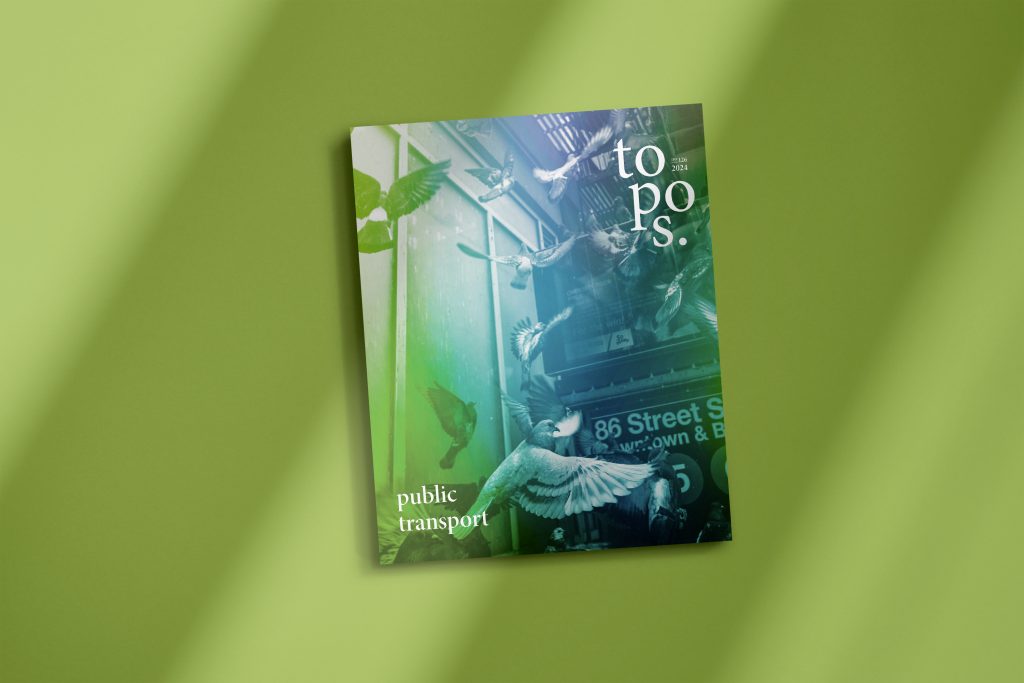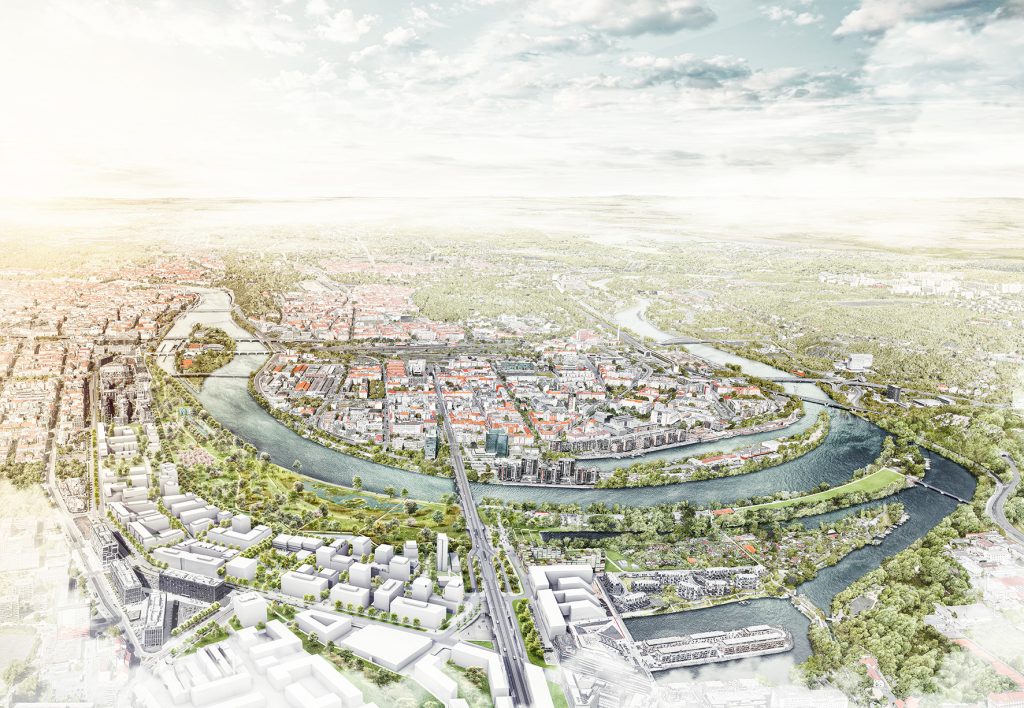The Politics of Tree Planting

How the media’s reporting on tree-planting during the recent UK general election failed to acknowledge its importance in combating climate breakdown.
Billboard
Skyscrapper
Halfpage
During the 2019 UK General Election, the Labour Party put the issue of tree planting at the top of its agenda. The media response showed how important it is to educate the public about tree planting.
During last year’s UK general election, the Labour Party manifesto committed the party to planting two billion trees over two decades if it were to be elected to government. Since they lost the election, we’ll never get to see this striking policy proposal unfold. Which is unfortunate, because forest restoration is currently one of the most promising methods for combatting climate change (indeed, it was recently confirmed in a study from Prof. Thomas Crowther at ETH Zurich as the “most effective solution to climate change available today”).
[tttgallery id=”817″]
One thing we did learn from this election is how much resistance there might be from the mainstream media to policy solutions which effectively grapple with the scale of the threat we face from the climate crisis.
Dubious Fact Checking
To give a flavour of what went down after Labour announced its tree-planting policy, the most common response across UK news outlets was to conduct highly misleading “Fact Checks”, breaking down how many trees would need to be planted every minute over the next twenty years to achieve that 2bn figure. For instance, an article by The Sun entitled “FACT CHECK Labour says it will plant 2 billion trees by 2040 – almost 200 a minute – but is this possible?” wrote that “Experts have raised eyebrows over Mr Corbyn’s wild promises, suggesting the Labour leader can’t see the wood for the trees.” Interestingly, the experts they’re referring actually amount to a single “forestry expert”, one Richard Schondelmeier, whose forestry expertise is dubious to say the least (this didn’t stop the Adam Smith Institute from giving him a platform to write a spurious fact check of his own, which lacked any independent verification).
A more important source of the backlash against Labour’s pledge came from BBC political correspondent Chris Mason, who wrote a tweet citing essentially the same figures as The Sun, albeit in the neutral-seeming tone characteristic of a BBC reporter. Yet while Mason indeed made no judgement on the policy’s feasibility, the heavy implication from his decidedly selective breakdown was that this was an unimaginably high number. This was certainly how his tweet was interpreted when it was picked up by other news outlets, including the Daily Express who opened an article on Mason’s tweet by describing the 2bn figure as “astonishing”.
False Equivalence
The negative affect of this tweet was also reinforced by Mason’s colleague Emily Maitlis, presenter of the BBC’s flagship news show Newsnight. Making a more general point about spurious policy pledges, Maitlis tweeted that “We may come to dub this ‘the Election of 2 billion trees and 50 thousand nurses’ – where numbers and accountability became meaningless. That’s a scary legacy.” As Guardian journalist Owen Jones pointed out in a response to the tweet, “We know that Labour’s mass tree planting policy can be done, because it’s been done in several countries” whereas, he continued, the Conservative Party’s nurses pledge is “objectively bogus” (since it involved retaining thousands of existing nurses).
All this bad faith fact checking seemed to rely on readers not giving much thought to the numbers, and perhaps vaguely assuming that they alone might be being expected to plant 200 trees a minute for 20 years. But as several people were quick to point out, the figure was also equivalent to each UK citizen planting two to three trees per year.
Medium Rectangle
Halfpage
The Policy was eminently feasible
On that note, Friends of the Earth (FoE) wrote a useful blog during the election, in which they reminded people to look past the seemingly high figures Labour committed to, and accept that “the world of trees is dominated by huge numbers”. They also highlighted that the Labour proposal to essentially double UK tree cover from 13% to 26% (in line with FoE’s own recommendations) would still be relatively modest. As they say, “the current EU average woodland cover is 38%”.
This points to another common counter-argument, hinted at by Jones, which highlighted various countries that had achieved far greater tree planting feats in the past few years. Ethiopia, for instance, committed to planting 4bn trees in 2019 and managed to plant 350m seedlings in a single day, a remarkable feat which the BBC itself reported on.
What this media backlash illustrates is the essential importance of educating the public about tree planting, spelling out in clear terms what is possible, what needs to be done and where, and also why it is important. In this instance, mainstream journalists manifestly abandoned their stated role to inform the public, in favour of hammering a seemingly fanciful policy which was actually quite modest, either for narrow political ends, or merely out of wilful ignorance. Which all suggests grassroots climate protest movements should probably stop relying on mainstream channels and start educating people themselves.












